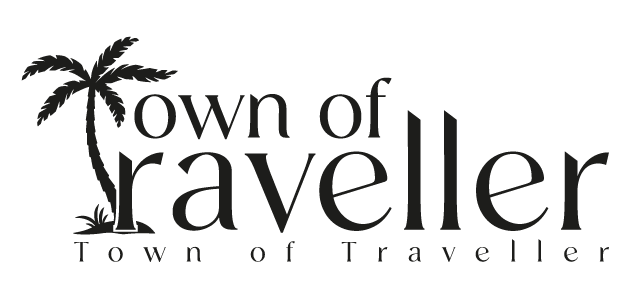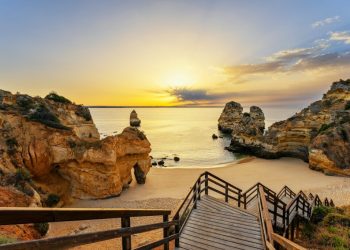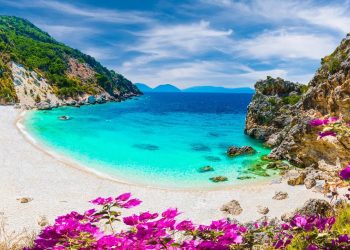Unveiling ‘Reasons Not to Visit Morocco’: While Morocco beckons with its allure, exploring reasons to reconsider your travel allows for a nuanced perspective. Delve beyond the surface to understand cultural nuances, practical considerations, and alternative destinations. This guide aims to equip you with insights that personalize your travel choices and enrich your experience in unexpected ways
Background on Morocco
Morocco is located in North Africa, with coastlines along the Atlantic Ocean and Mediterranean Sea. It has a population of about 37 million. Morocco has a diverse landscape, including mountains, deserts, and beaches. The culture is a mix of Berber, Arab, African, and European influences. Islam is the predominant religion. French and Arabic are the official languages, but Berber languages are also spoken. Tourism is a major industry in Morocco.
Common Reasons People Visit Morocco
Morocco is often chosen by travelers for its exotic atmosphere. Popular attractions include the ancient medinas and souks in cities like Marrakech and Fez, the High Atlas Mountains, Sahara Desert tours and camel treks, Atlantic coast beach resorts, and historic sites like the Hassan II Mosque in Casablanca. The cuisine, with influences from Europe, the Middle East, and Africa, is also a big draw for food lovers.
Reasons Not to Visit Morocco
However, there are good reasons why Morocco may not be an ideal vacation spot.
Safety Concerns
Morocco has some significant safety issues that travelers should keep in mind.
Petty theft is rampant, especially in popular tourist areas. Pickpocketing, bag snatching, and various scams targeting foreigners are commonplace. Travelers need to be vigilant about protecting valuables.
The threat of terrorism remains high in Morocco. While major attacks are uncommon, there are periodic smaller incidents, and the risk of being caught up in violence remains.
Female travelers, in particular, often face persistent sexual harassment, including catcalling, groping, and stalking. Dressing conservatively can help deter some of this unwanted attention but may not eliminate it. Traveling in groups is advised.
Health Risks
Dining out poses risks of contracting food poisoning or traveler’s diarrhea from improperly handled or cooked food. Stick to hot, thoroughly cooked dishes. Avoid uncooked produce that can’t be peeled.
Tap water is unsafe to drink. Only consume bottled water. Beware of ice cubes in drinks that may have been made with tap water.
Air quality is very poor in many Moroccan cities due to traffic congestion and industrial pollution. Those with respiratory conditions may have aggravated symptoms.
Accessibility Challenges
English is not widely spoken outside the tourism industry. The language barrier can make simple tasks confusing. Learn some basic French or Arabic phrases.
Accessibility is limited for those with mobility issues. Sidewalks are uneven, attractions often lack ramps, elevators are rare. Travelers with disabilities may encounter difficulties.
Figuring out public transportation and taxis can be challenging. Buses and trains are crowded. Rental cars may provide more flexibility.
Alternatives to Visiting Morocco
If you want to skip the stresses of travel in Morocco, consider these options instead:
Visit Another North African Country
Egypt, Tunisia, Algeria, and Libya can provide a similar taste of North African culture with fewer hassles.
Try a Different Region Entirely
Consider a trip to Europe, Asia, the Americas, or elsewhere in Africa for completely different scenery and experiences.
Conclusion
Morocco is a multifaceted destination with much to offer the right traveler. But its difficulties may be deal-breakers for some. Do your research to decide if you’re up for the challenges of visiting Morocco. With the right preparations, you can have an amazing experience. Or consider an alternative destination for a hassle-free vacation.
FAQs
Is it safe for women to travel alone in Morocco?
No, solo female travelers face a high risk of sexual harassment and possible assault in Morocco. Visiting in a group or with a male companion is strongly advised.
What languages are spoken in Morocco?
Arabic and Berber languages are widely spoken. French is also common, especially in major cities. Knowledge of French is useful for travelers.
What are the top scams to watch out for in Morocco?
Common scams include rigged ATMs, young children or teens distracting you for pickpocketing, vendors overcharging or shortchanging tourists, fake police officers demanding bribes, and women pretending to be lost for robbery setups.











